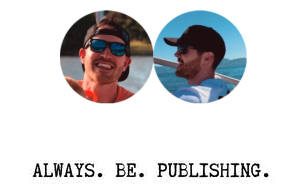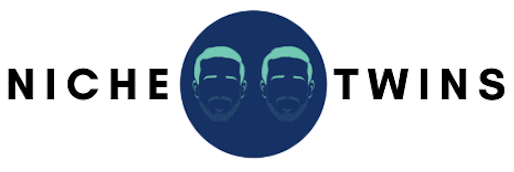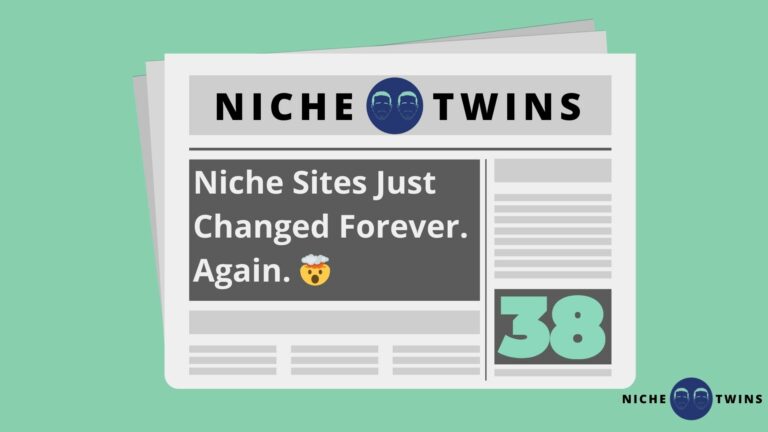The OpenAI DevDay Keynote took place 10 days ago.
If you haven’t taken the time to watch it, at a minimum I highly recommend you set aside 4 minutes and 30 seconds out of your Friday morning and watch this clip.
“We know that many people who want to build a GPT don’t know how to code. We’ve made it so that you can program a GPT just by having a conversation. We believe that natural language is going to be a big part of how people use computers in the future, and we think this is an interesting early example.” – Sam Altman
I think there is a very real possibility that these three sentences change the internet, search and content sites…forever.
Here’s why…
What’s It All Mean Today?
Unless you’ve lived under a rock for the past year, you’ve all heard of ChatGPT and many (if not most) of you have played around with it.
GPT stands for “Generative Pre-trained Transformer”.
At it’s most basic level, GPT models give applications the ability to create human-like text and content (images, music, and more), and answer questions in a conversational manner.
ChatGPT undeniably represents a leap forward in AI and large language models (LLMs) in it’s ability to understand context, nuance, and even humor.
Fast forward a year later to today – why is this Keynote such a big deal?
Sam and the OpenAI Team have now released a GPT builder, that enables users (who have absolutely zero coding background) to easily create their very own custom GPT chatbot.
A day after the Keynote went live on YouTube, I tweeted the following:
Again, this is a simple example but in my opinion it has the power to significantly improve Pat Wall’s Starter Story user experience across the board (with very little effort).
Being able to train a custom chatbot on thousands of founder interviews is amazing but it doesn’t stop there…
Imagine you’re struggling with ideas on what to cook tonight. Your gluten-free and you’ve been following Addison Labonte and her recipe site, Organically Addison for a while now.
You could jump over to her site as it exists today and start browsing recipes. Maybe you start filtering by course, diet, holiday or season.
But what if instead, a custom GPT chatbot trained on every single one of the Organically Addison recipes called “Addison’s Assistant” was available to you?
You can imagine how much easier it would be to just type into the chat the following prompt:
“Give me your top 3, gluten-free dinner recipes that take 30 minutes or less. Exclude recipes that require XYZ ingredients, because I haven’t gone shopping yet this week!”
Or maybe you and your family are making your first trip to Block Island.
You’ve enjoyed Mike and Kenzie’s Stay New England content and you know they’ve been making family trips to the island for years.
Instead of having to jump on their website and start attempting to filter through all their blog posts, their “Stay GPT” chatbot allows you to ask any question in an instant and get Mike and Kenzie’s recommendations on the fly.
“We just spent the afternoon at Mansion Beach. What Block Island restaurant would you recommend that’s nearby?”
You get the idea.
Nearly every content site out there could improve their user experience with a custom GPT.
Sam more or less took that little search bar that every site has, but not a single person uses, and improved it’s functionality by 10000x.
Where’s It All Going?
We hit a few examples of how this new GPT builder could be deployed on sites today.
But let’s fast forward a little bit.
Imagine 6 months from now you have an OpenAI app on your iPhone home screen.
When you open the app, you see a custom curation of all the GPTs that you’ve hand selected. They’re organized by major categories like Food, Travel, Finance etc.
Now instead of searching Google directly for input or advice in a given area and getting 100’s of responses from 100 different people you don’t know, you get a curated response from someone you follow, you’ve already vetted and you trust.
This all sounds great for the user, but what about the content creator?
I think this development makes building a genuine brand more important than ever.
Why else would someone make the decision to place your GPT on their home screen as their trusted go-to? The quality bar just got raised another few pegs.
What about content monetization?
You can imagine creating a dedicated GPT page on your site as it exists today and earning revenue via traditional display ads, affiliate links, etc.
Not to mention the OpenAI team has already announced that “In the coming months, you’ll also be able to earn money based on how many people are using your GPT”.
And yes, data privacy will always be an issue worth thinking deeply about.
OpenAI has repeatedly said that users will have the ability to set data privacy restrictions based on their preferences.
But we’ve all heard a version of this line before from pretty much every major platform – and everyone of them has let us down.
Wrapping Up
A lot of people talk about Google “getting beat” in search as if it were a binary event – like Google would disappear overnight.
It’s impossible to know exactly where this will all go and how quickly it will get there.
But I can close my eyes and easily envision a world where OpenAI starts to increasingly siphon off younger users, pulling them away from big G.
At the same time there is an entire cohort of people alive today that I firmly believe will use Google until they die.
For me, that makes a scenario where Google gradually loses search market share overtime, a more logical base case.
It doesn’t go away tomorrow. It doesn’t go away in 5 years. But 10 years?
Game on.
Have a weekend!!
-Keith ✌️
*P.S. – Two days ago Pat confirmed that he’s working on “Starter Story GPT”. Twitter remains the greatest app on the planet.*

Niche Twins newsletter sent weekly on Fridays at 8:30 AM ET


